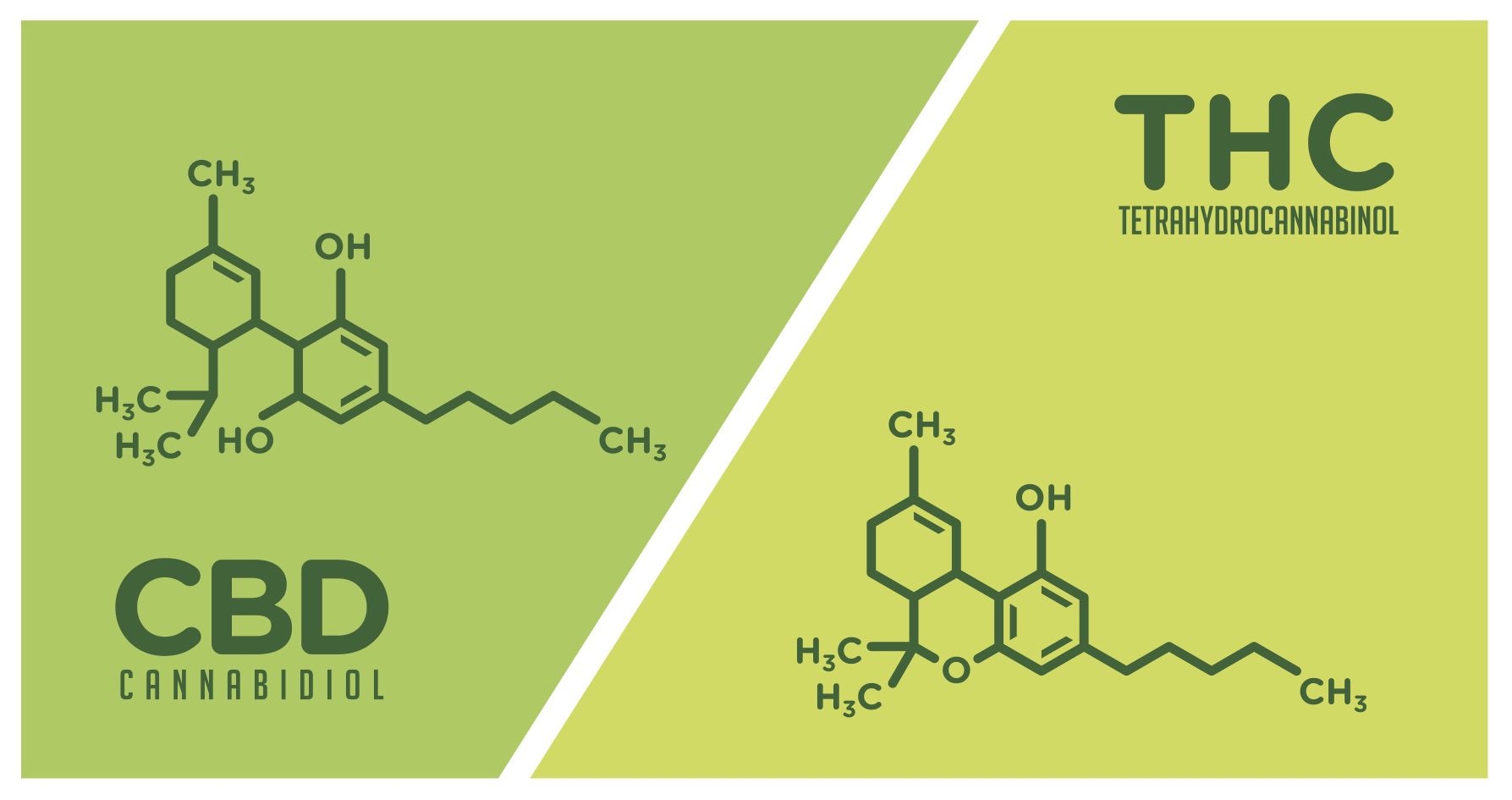
CBD vs. THC
CBD vs. THC is a hot topic so we’re going to talk about CBD and how it differs from THC. Welcome lovers of cannabis! As cannabis becomes increasingly accepted across the U.S., with 10 states and the District of Columbia currently enjoying legalization, a growing number of people have the same question: What’s the difference between CBD and THC — other than “one gets you high and one doesn’t.” These two compounds are the most heavily researched cannabis components, and for good reason — they may offer a ton of health benefits. Let’s get started with CBD.
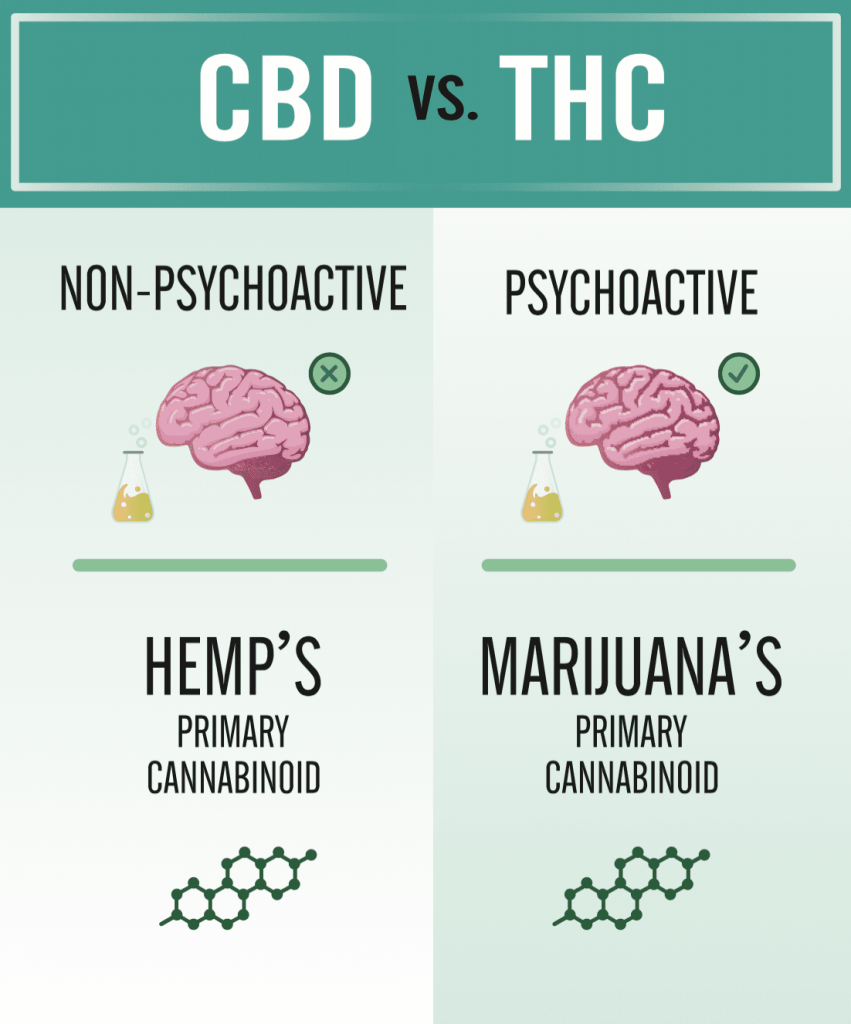
What Is CBD?
Scientifically speaking, it’s a chemical compound called cannabidiol, and it’s made up of carbon, hydrogen, and oxygen. CBD is the duct tape of cannabis — it kind of works for everything, it’s universally loved, and there’s a small subset of people who are total nerds about it (read: us).
What’s really remarkable about CBD is that it’s nonpsychoactive — it doesn’t get you high in the way that marijuana does. This is a common point of confusion in the CBD vs. THC educational journey.
CBD actually comes from the hemp plant, which contains almost no THC. CBD also binds very weakly with the body’s CB1 receptors within our endocannabinoid systems. In fact, CBD can even inhibit the absorption of THC. Think of it as the designated driver of cannabis.
Far from being a buzzkill, however, CBD is a benevolent companion that serves only to make everything better. It is a legitimately promising treatment option for a surprising number of afflictions, and the methods of taking it are getting more creative by the day.
How Is CBD Used?
There are plenty of ways to ingest CBD, according to Healthline. Edibles like gummies, mints, and truffles are delicious options, though they can take several hours to kick in due to slow absorption. Sublingual products like tinctures work faster and preserve more of the positive effects of CBD. There are also topical ointments made to improve skin health and even ease physical discomfort like muscle tension.
Vaping and smoking are common ways to ingest CBD and yield high absorption rates. If you’re not super comfortable with that idea, the previous methods might be for you.
What Are the Benefits of CBD?
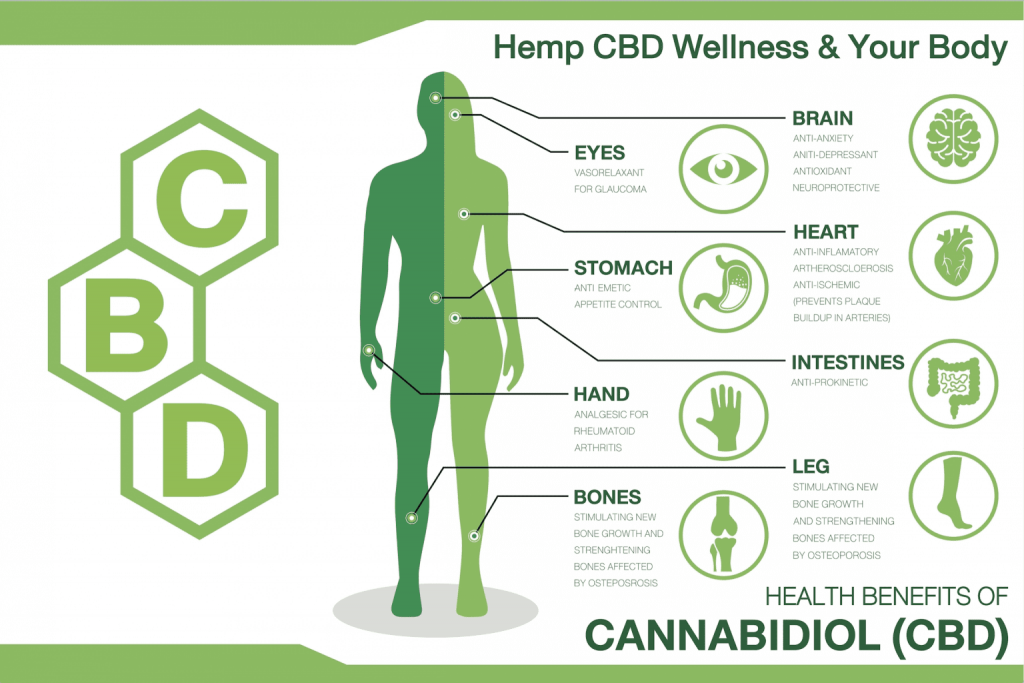
Medically, CBD has been the subject of some head-scratching for many decades now. A study done in 1980 can be said to have gotten the ball rolling: the researchers found that CBD showed almost universal tolerance, a complete lack of serious side effects, no toxicity, and even improvements among people with epilepsy.
Subsequent studies have repeated these results. While this is not a medical advice article, feel free to peruse these medical journal pieces on CBD use in pediatric and adult epilepsy:
- Cannabidiol as a potential treatment for febrile infection-related epilepsy syndrome (FIRES) in the acute and chronic phases
- Cannabidiol as a new treatment for drug-resistant epilepsy in tuberous sclerosis complex
- Report of a parent survey of cannabidiol-enriched cannabis use in pediatric treatment-resistant epilepsy
- CBD-enriched medical cannabis for intractable pediatric epilepsy: the current Israeli experience
- Duration of use of oral cannabis extract in a cohort of pediatric epilepsy patients
In all cases, CBD was shown to increase patients’ quality of life and minimize symptoms. It’s also a subject of study in treating other conditions — in 2017, scientists completed a CBD trial for the treatment of Dravet syndrome and found a significant reduction in seizure frequency. In 2018, another study showed positive results in treating individuals with Lennox-Gastaut syndrome.
CBD is a gentle, effective choice for a wide range of different applications. Compared with THC, it appears to have a broader therapeutic index — that’s a fancy way of saying that it can help with a wider range of symptoms — and hence there’s a lot of research left to be done.
In terms of safety, CBD plays nicely with others. According to a 2019 report by the World Health Organization, CBD is “well tolerated with a good safety profile.” In addition, it’s showing potential as a treatment for panic disorder, post-traumatic stress disorder, social anxiety disorder, obsessive-compulsive disorder, and general anxiety disorder.
Again, we cannot stress enough that you should never self-prescribe CBD for actual medical conditions — that requires the expertise of a doctor. This research merely illustrates that CBD is a potential gamechanger in the medical world and is already the boss in casual circles.
CBD vs. THC: the Differences
As the main psychoactive compound in marijuana, tetrahydrocannabinol (THC) is CBD’s lovable stoner cousin. It is found only in the marijuana plant — the hemp plant produces CBD and contains only trace amounts of THC.
THC is ingested in similar ways as CBD, such as smoking, tinctures, edibles, and beyond, and features only a very slight molecular difference from CBD.
Remember those CB1 receptors in our brains? Yeah, THC loves those CB1 receptors. It binds to them and produces a sense of euphoria without harsh side effects.
Like CBD, scientists are finding THC pretty useful as a therapeutic drug for several different conditions like anxiety, depression, insomnia, and pain.
CBD vs. THC for Cancer
CBD and THC are gaining attention for yet another reason — they may soon play a role in fighting cancer. Cancer.gov has stated that cannabinoids could play a protective role against the growth of tumor cells. Cannabinoids seem to possess the natural tendency to attack tumor cells without affecting healthy neighboring cells, which explains why scientists and doctors are taking such a keen interest in them.
As far as which one works better for cancer, the research isn’t conclusive enough yet. But expect to hear major updates in the coming years.
A Short History of CBD’s Rise to Popularity
CBD vs. THC: the Summary
CBD is a nonpsychoactive, deliciously versatile, healthy compound whose many benefits are only beginning to be discovered. It is found in the hemp plant. THC is psychoactive and differs slightly from CBD on a molecular level and comes from the marijuana plant.
Whether you’re looking to try CBD for the first time or merely want to expand your enjoyment, Flavor Fix has a lifetime’s worth of ideas waiting for you. Stay healthy and enjoy responsibly.
Article References
1. Atakan Z. Cannabis, a complex plant: different compounds and different effects on individuals. Therapeutic Advances in Psychopharmacology. 2012;2(6), 241-254. doi: 10.1177/2045125312457586
2. Lassalle J. How to Take CBD. Healthline. Updated February 18, 2020. https://www.healthline.com/health/how-to-take-cbd
3. Cunha JM, Carlini EA, Pereira AE, et al. Chronic administration of cannabidiol to healthy volunteers and epileptic patients. Pharmacology. 1980;21(3):175-185. doi:10.1159/000137430
4. Gofshteyn JS, Wilfong A, Devinsky O, Bluvstein J, Charuta J, Ciliberto MA, et al. Cannabidiol as a potential treatment for febrile infection-related epilepsy syndrome (FIRES) in the acute and chronic phases. J Child Neurol. 2017;32:35–40. 10.1177/0883073816669450
5. Devinsky O, Marsh E, Friedman D, Thiele E, Laux L, Sullivan J, et al. Cannabidiol in patients with treatment-resistant epilepsy: an open-label interventional trial. Lancet Neurol. 2016;15:270–8. 10.1016/S1474-4422(15)00379-8
6. Hess EJ, Moody KA, Geffrey AL, Pollack SF, Skirvin LA, Bruno PL, et al. Cannabidiol as a new treatment for drug-resistant epilepsy in tuberous sclerosis complex. Epilepsiai. 2016;57:1617–24. 10.1111/epi.13499
7. Porter BE, Jacobson C. Report of a parent survey of cannabidiol-enriched cannabis use in pediatric treatment-resistant epilepsy. Epilepsy Behav. 2013;29:574–7. 10.1016/j.yebeh.2013.08.037
8. Tzadok M, Uliel-Siboni S, Linder I, Kramer U, Epstein O, Menascu S, et al. CBD-enriched medical cannabis for intractable pediatric epilepsy: the current Israeli experience. Seizure. 2016;35:41–4. 10.1016/j.seizure.2016.01.004
9. Treat L, Chapman KE, Colborn KL, Knupp KG. Duration of use of oral cannabis extract in a cohort of pediatric epilepsy patients. Epilepsia. 2017;58:123–7. 10.1111/epi.13617
10. Devinsky O, Cross JH, Laux L, Marsh E, Miller I, Nabbout R, et al. Cannabidiol in dravet syndrome study group. trial of cannabidiol for drug-resistant seizures in the dravet syndrome. N Engl J Med. 2017;376:2011–20. 10.1056/NEJMoa1611618
11. Thiele EA, Marsh ED, French JA, Mazurkiewicz-Beldzinska M, Benbadis SR, Joshi C, et al. Cannabidiol in patients with seizures associated with Lennox-Gastaut syndrome (GWPCARE4): a randomised, double-blind, placebo-controlled phase 3 trial. Lancet. 2018;391:1085–96. 10.1016/S0140-6736(18)30136-3
12. Pamplona FA, da Silva LR, Coan AC. Corrigendum: Potential Clinical Benefits of CBD-Rich Cannabis Extracts Over Purified CBD in Treatment-Resistant Epilepsy: Observational Data Meta-analysis. Front Neurol. 2019;9:1050. Published 2019 Jan 10. doi:10.3389/fneur.2018.01050
13. Expert Committee on Drug Dependence: Thirty-ninth Meeting. 2017. Retrieved 23 July 2020, from https://www.who.int/medicines/access/controlled-substances/5.2_CBD.pdf
14. Blessing E, Steenkamp M, Manzanares J, Marmar C. Cannabidiol as a Potential Treatment for Anxiety Disorders. Neurotherapeutics. 2015;12(4), 825-836. doi: 10.1007/s13311-015-0387-1
15. What’s the Difference Between CBD and THC? Healthline. 2019. Retrieved 23 July 2020, from https://www.healthline.com/health/cbd-vs-thc#chemical-structure
16. Stith S, Vigil J, Brockelman F, Keeling K, Hall B. The Association between Cannabis Product Characteristics and Symptom Relief. Scientific Reports. 2019;9(1). doi: 10.1038/s41598-019-39462-1
17. Cannabis and Cannabinoids. 2019. Retrieved 24 July 2020, from https://www.cancer.gov/about-cancer/treatment/cam/hp/cannabis-pdq
18. Brenan M. 14% of Americans Say They Use CBD Products. Gallup. 2019. https://news.gallup.com/poll/263147/americans-say-cbd-products.aspx
19. Stanton T. CBD History: The Past, Present and Future of Using CBD. Ministry of Hemp. 2019. https://ministryofhemp.com/blog/cbd-history/


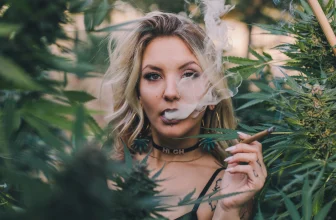
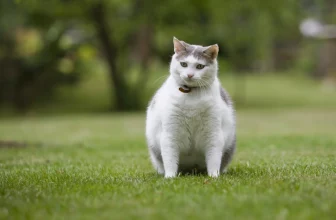
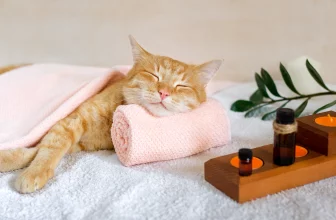
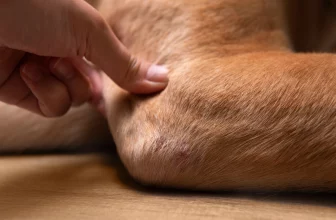

[…] CBD ) is the non-psychoactive part of the cannabis plant. Basically it does not get you high. THC is the psychoactive part of the cannabis plant that does get you […]